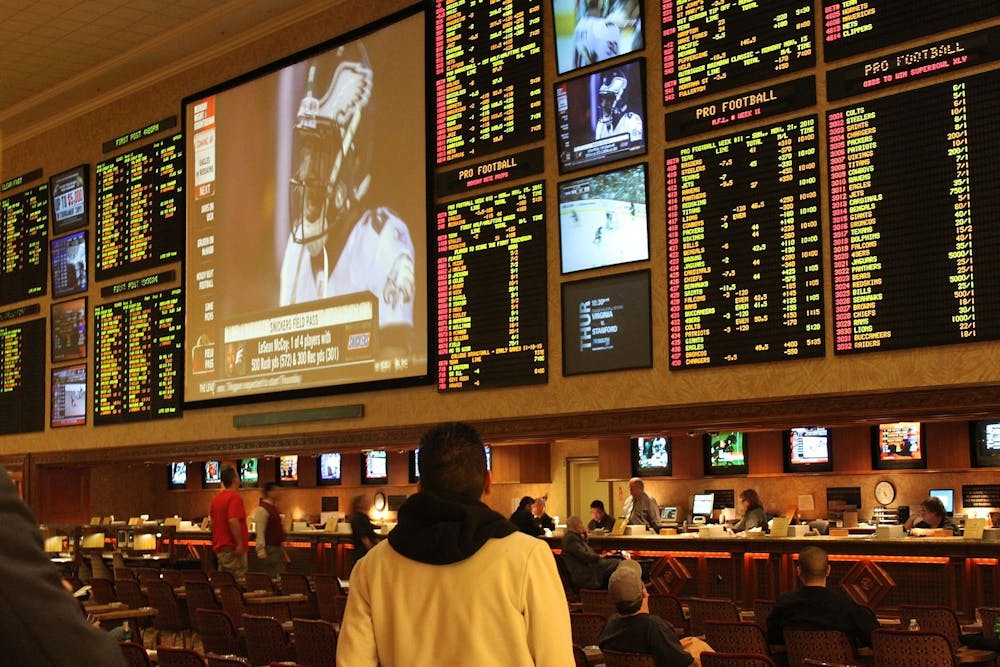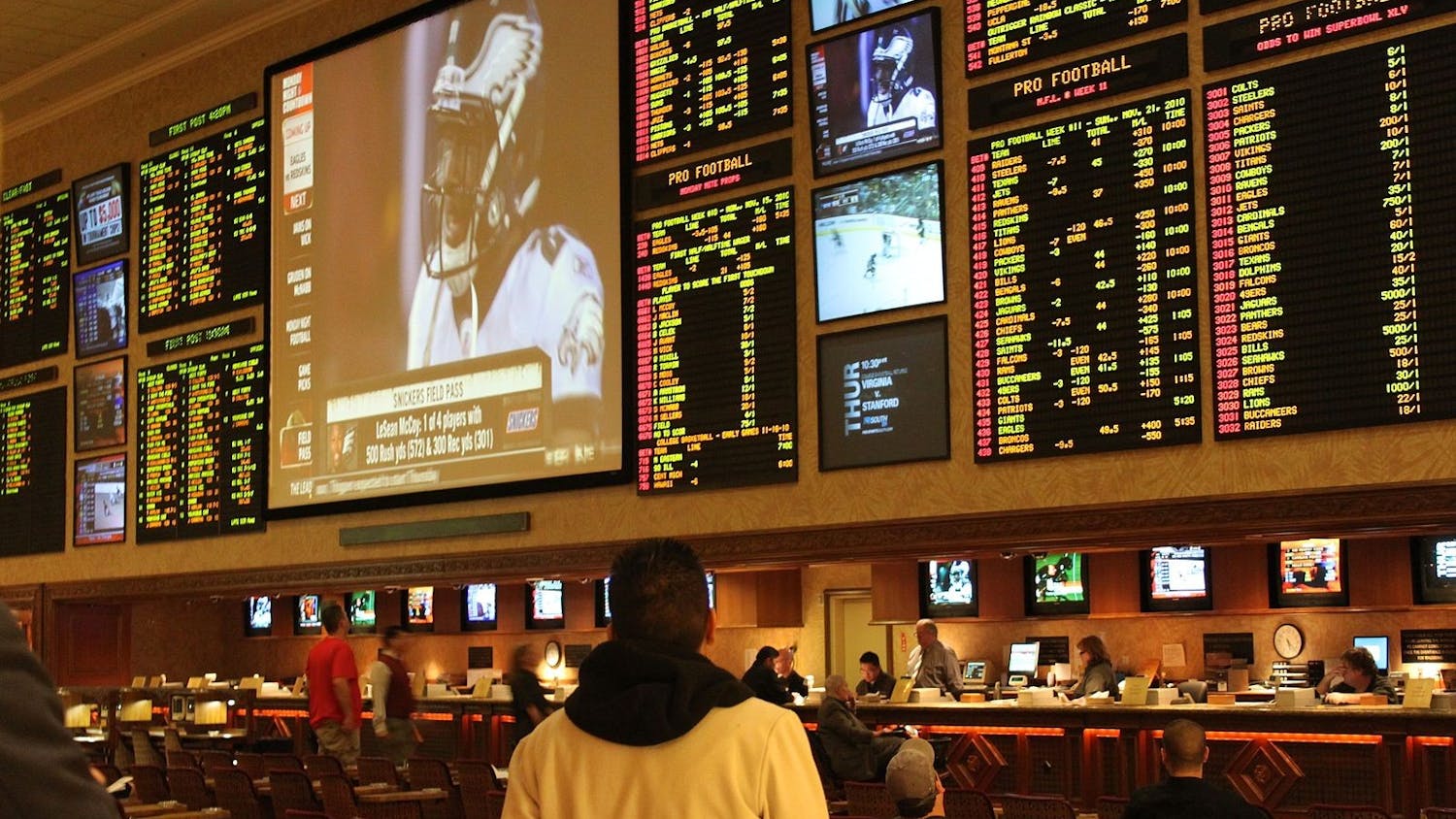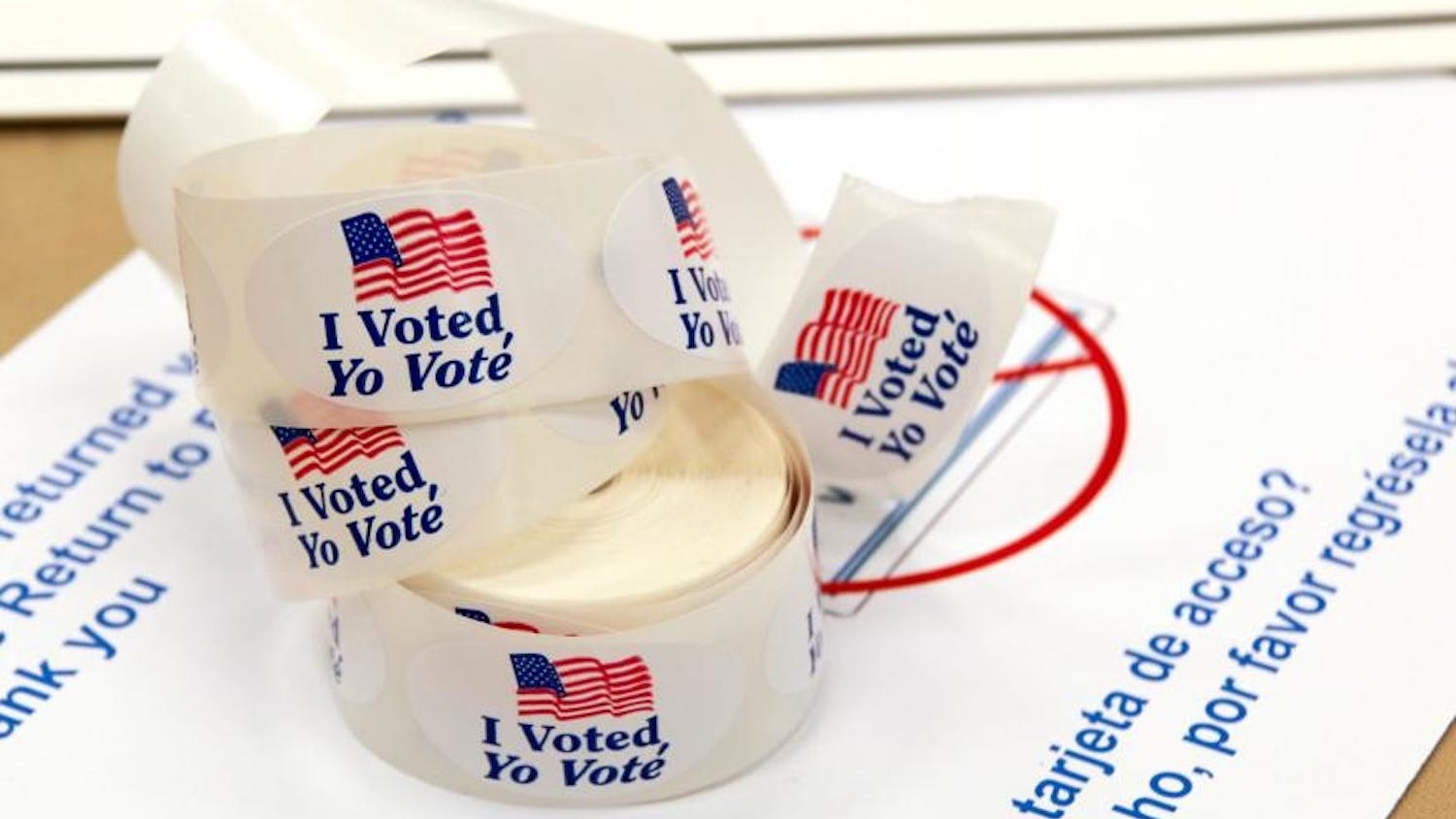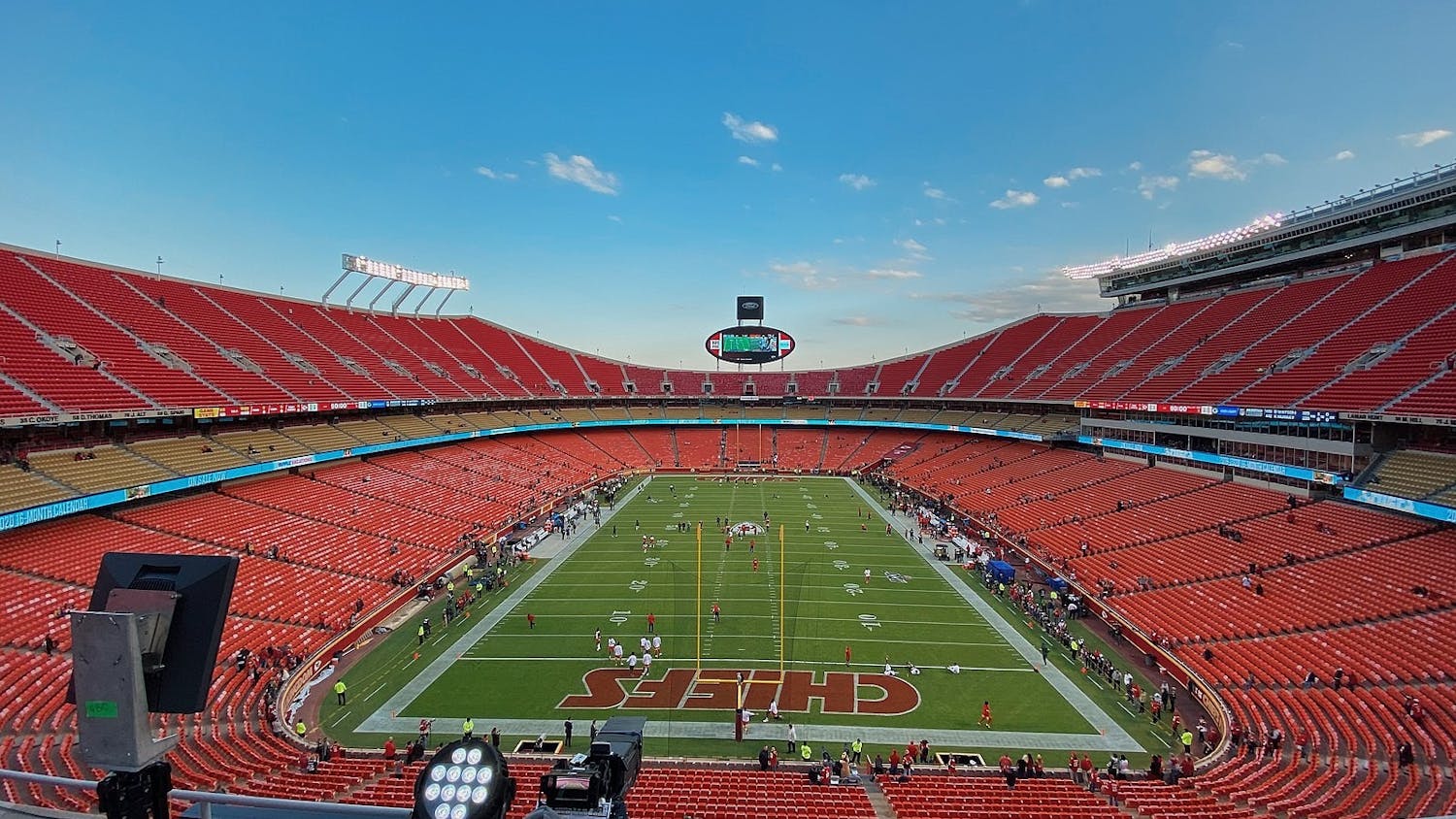Betting on sports has become both accessible and acceptable. So, what exactly does that mean for sports and their spectators?
The answer isn’t clear or objective.
“Gambling (the exchange of money or goods by betting or wagering) is viewed as an unwise use of God-given resources and is not acceptable in any form,” reads Taylor University’s Life Together Covenant.
By that definition, 52.9% of 34 participants in a survey of Samuel Morris Hall residents have broken the LTC by entering a fantasy sports league with an entry fee.
Gambling is a broad term. It could encompass anything from lottery tickets to a slot machine, but betting on sports in any form is technically gambling. Some would say there’s a difference between entering a fantasy league and putting money on the spread in a game, and historically, one has been more socially acceptable.
The Unlawful Internet Gambling Enforcement Act of 2006 exempted fantasy sports from a federal definition of gambling, ruling that it was a game of skill.
However, recent decisions by the Internal Revenue Service (IRS) has helped deem daily fantasy contests as gambling — for tax purposes. A 10-page memorandum from the IRS, published in 2020, read, “We conclude that the ‘skill’ involved in selecting fantasy players is similar to the skill involved in selecting winners of individual professional sports games, horse races, or other traditional sports gambling activities.”
Still, fantasy is considered a game of skill rather than luck, allowing sites like FanDuel and DraftKings to operate in states where gambling may be illegal.
“I think we really want to make it different,” Assistant Professor of Sports Management Amy Stucky said of fantasy sports. “But in reality, there’s money on something.”
“Everyone plays in the NCAA tournament bracket competitions,” Columbus Dispatch Sports Columnist Rob Oller said. “Even families that are against gambling will play in those competitions for some kind of prize.”
NCAA tournament pools and small fantasy sports leagues are gambling by definition, but other moral questions can come into play. Can it be done for entertainment, and can it be done responsibly?
As professors at a Christian university, both Stucky and Assistant Professor of Marketing Mick Bates drew comparisons to the alcohol dilemma within Christianity.
“I’m not sensing there’s a strict prohibition on gambling in the Bible, much like there isn’t a strict prohibition on alcohol in the Bible,” Bates said. “But there is a spectrum of conviction level among people for both of those issues.”
Sports in particular, is a conducive environment for betting. Fans insist they know more than the average fan and will attempt to leverage that and bring in a profit.
Stucky emphasized how much more attractive sports betting is to sports fans than other forms of gambling. She said that as a sports-centric society, there’s a difference between sticking money in a machine at a casino and enjoying the excitement of an athletic event.
Another parallel to alcohol is the risk of addiction.
A study from the National Council on Problem Gambling found that 2017 data revealed over 13% of adolescents wagered money on sports teams. The same study found that the average sports bettor believes it is more skill than luck, that aggressive marketing has slowed down those hoping to stop betting on sports and that youth gamblers have higher rates of addiction than adults.
A sports betting addiction can have humble beginnings too.
“There’s this physiological thing that I think happens,” Bates said. “I don’t have the data on it, but I’ve seen it occur in people, what I call the fever. You start to gamble, and you may win or you may lose, but either one of those begets another bet. And another bet. And there’s this perception that you’re going to get it back on the next bet. So, there’s some definite risks when it comes to any form of betting or gambling.”





